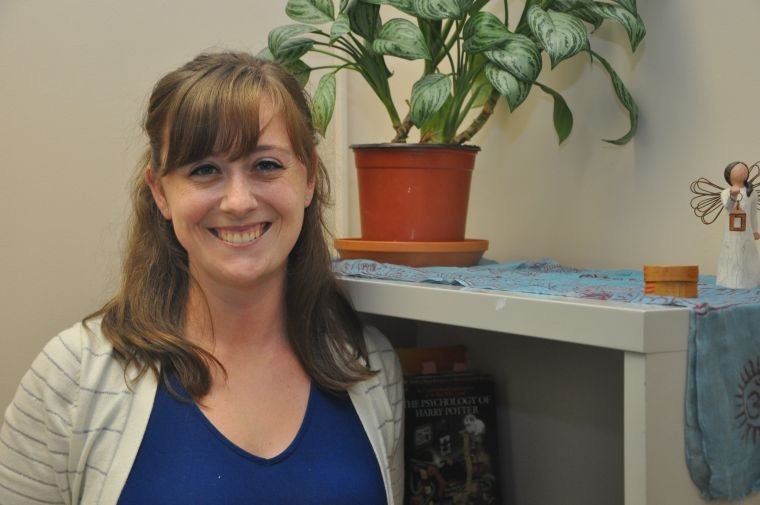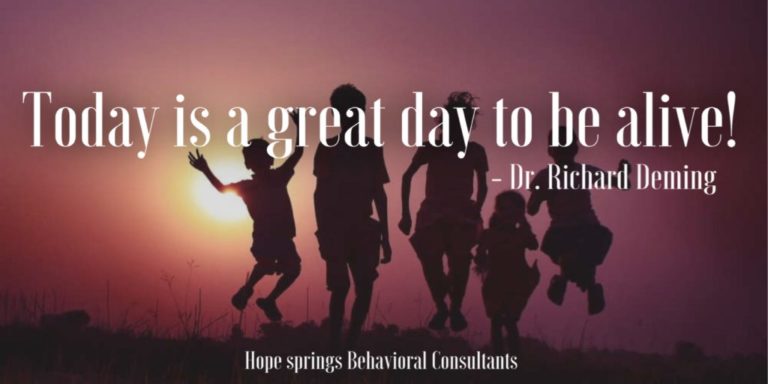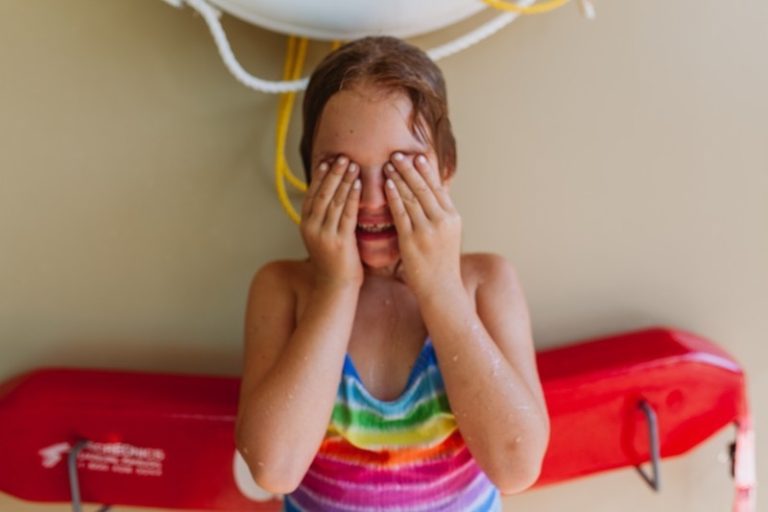What Kindness Means to Me: Dr. Mollie Burke
My story begins the night before I moved away to college. I remember the stillness of the house, the wind streaming through the open window next to my bed, lying awake and grappling with the realization that everything would change in the morning. A soft knock echoed in the room, and my mom popped […]
![]()












